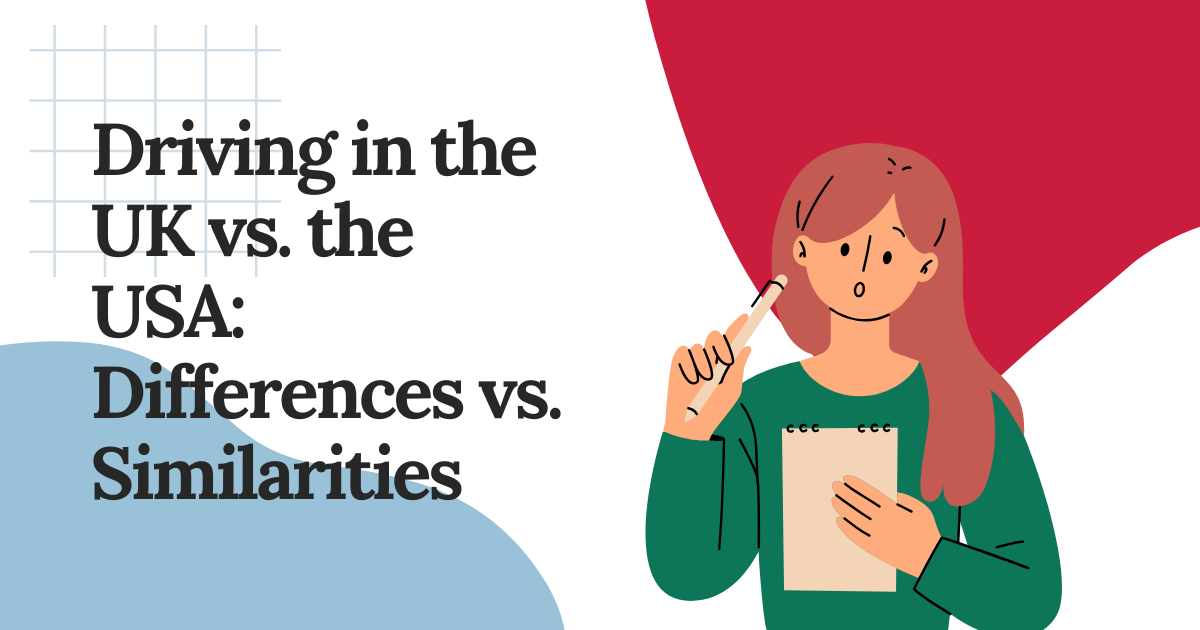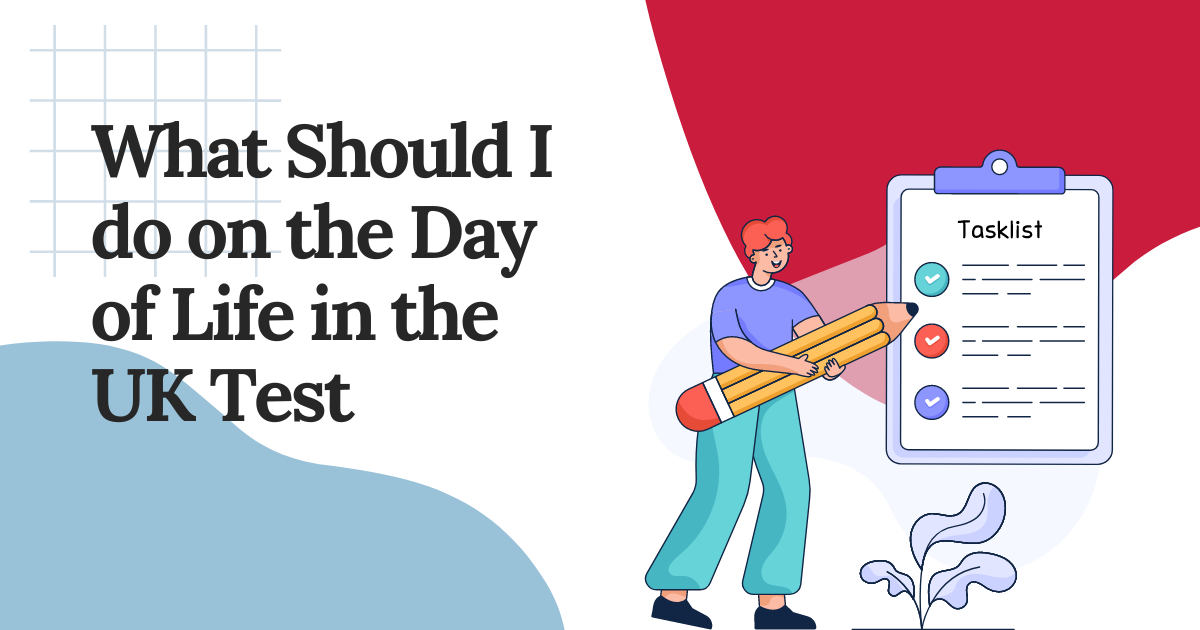Life in the UK Test | Everything You Need to Know
By on Sep 06, 2023
The Life in the UK test was first proposed by David Blunkett (in 2002), who was the Home Secretary of the United Kingdom at the time. The test was then implemented in 2005 for those seeking British citizenship and in 2007 for individuals applying for ILR.
Becoming a British Citizen not only involves the legal formalities but also a deep understanding of the country's history, culture, and values. That is where the Life in the UK Test comes in. It is the part of the application that you need to pass. It is a comprehensive examination that assesses your knowledge of the United Kingdom. The test serves as an important step for individuals seeking British citizenship or indefinite leave to remain (ILR).
Eligibility Criteria
The eligibility criteria for taking the Life in the UK Test include
- Candidates should be 18-65 years of age.
- Meeting the residency requirement (i.e. number of years you spent in the UK such as five years) for settlement.
- Some individuals applying for citizenship through marriage or civil partnership with a British citizen may also be required to take the test.
- Candidates who have long-term physical or mental conditions, need to provide proof.
How to Apply for the test?
You can visit the government's official website to book the test. Create your account and provide all your details. This may include your full name, contact information, and any reference numbers related to your visa or immigration status. This account will allow you to book the test and manage your appointment.
After that, you will be allowed to select the test centers. There are 30 centers all over the UK. The website will also show you the available slots for tests in the calendar. Choose your date.
In the end, you pay the test fee using a debit or credit card. It costs £50. Once the payment is made, you'll receive a confirmation of your booking along with important details about the test, including the test center's address and your appointment time.
What Documents are Required?
The documents are your identity. To book the test, you need to provide valid documents. Candidates can prove their identity through the following IDs.
- Passport
- Travel Documents
- Biometric Residence Permit
- Biometric Residence Card
The name on your application should be the same as that on your ID. If you have a missing document or have any inquires regarding documents, then email them at nationalityenquiries@homeoffice.gov.uk.
Test Format and Preparation
The test is computer-based and consists of 24 MCQs, selected randomly from the database. Some questions are unique while others can be challenging. To pass, you must score 75%, which means getting 18 questions right.
According to surveys, the questions in the tests are challenging. Apart from tricky questions, the syllabus is in depth. Every historical date, figure, important event, freedom story etc must be memorized. You can use various resources for preparation including Life in the UK: A Guide for new residents, 3rd Edition. You can also give various Life in the UK Test Practice that will help you to analyze yourself. Remember, with proper preparation resources and dedication, you can pass the exam with flying colors.
On the Test Day
It is recommended to arrive 15 minutes early at the exam center. The identity check process takes 15 minutes. The exam duration is 45 minutes. After the exam, you have to wait 30 minutes for the result. Candidates who passed, receive a pass certificate with a "unique reference number". This certificate has no expiry date and can be used in all future applications. In case you fail the test, don't worry. You can reapply after 7 days.
Common Mistakes
There are 3 following common mistakes, that candidates do
- Mentioning the wrong place of birth
- Swapping identity number with passport number
- Swapping the last and first name
Test Disqualification
If you are caught cheating, there might be strict consequences to it. You might get banned from retaking the test, impacting your visa or immigration status.


